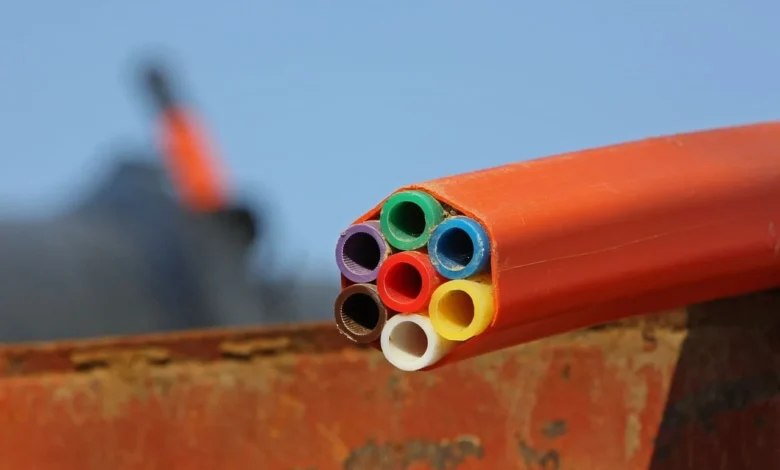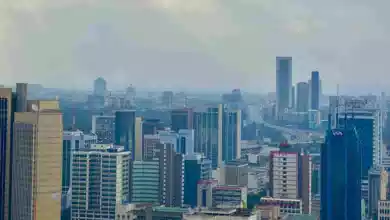
East Africa is currently grappling with severe internet connectivity issues, with significant slowdown and even total blackouts being reported across the region.
In Kenya, users have been experiencing frustratingly slow internet speeds across various connections, including Fibre to the Home (FTTH) and for some mobile data services such as 3G, 4G, and 5G. The slowdowns are particularly noticeable this weekend, a time when digital traffic peaks as people stream shows and browse online more frequently.
Certain providers in Kenya have been proactive in communicating with customers about the ongoing issues. Some users have received notifications explaining that the sluggish internet speeds are due to “network congestion caused by Google and Meta downtimes at Mombasa.” Another message states: “Dear customer, we are experiencing network congestion due to a major fault experienced by international carriers en route to South Africa. We are following up on the issue to ensure urgent service improvements. We apologize for any resulting inconveniences.”
Safaricom said, “We have experienced an outage on one of the undersea cables that deliver internet traffic in and out of the country. We have since activated redundancy measures to minimise service interruption and keep you connected as we await the full restoration of the cable. You may, however, experience reduced internet speeds. We thank you for your patience and understanding.”
The root of the slowdowns appears to stem from a larger regional problem. Ben Roberts, Group CTIO at Liquid Intelligent Technologies, revealed that the internet connectivity to East Africa is “severely impaired.” This is primarily due to simultaneous faults in the Eastern Africa Submarine Cable System (EASSy) and the Seacom cables. Additionally, three crucial submarine cables in the Red Sea — Seacom, EIG, and AAE1 — have suffered cuts and remain unrepaired, contributing to the widespread disruption.
Meanwhile, in Tanzania, the situation has escalated to a complete internet blackout, with reports indicating no available online services. However, specifics regarding the cause or the expected duration of the blackout remain unclear.
Such fibre cuts and faults in submarine cables can have extensive repercussions, potentially lasting from a few days to several weeks, depending on the severity of the damage and the logistical challenges involved in the repair process. Historically, repairs have required deploying specialized ships to the fault locations, which can be both time-consuming and costly.
Complicating the matter further, a recent solar storm in May 2024 might have exacerbated the situation. Solar storms are known to cause geomagnetic disturbances that can affect satellite communications and, in some cases, submarine cable operations. The timing of the storm aligns closely with the reported issues, suggesting it could be a contributing factor to the connectivity woes facing East Africa.
As the region awaits a resolution, the economic and social impact of these connectivity issues cannot be underestimated. From business operations relying on cloud services to everyday communications and entertainment, the internet slowdown and blackout are affecting various aspects of life, underscoring the critical importance of robust and reliable digital infrastructure.





